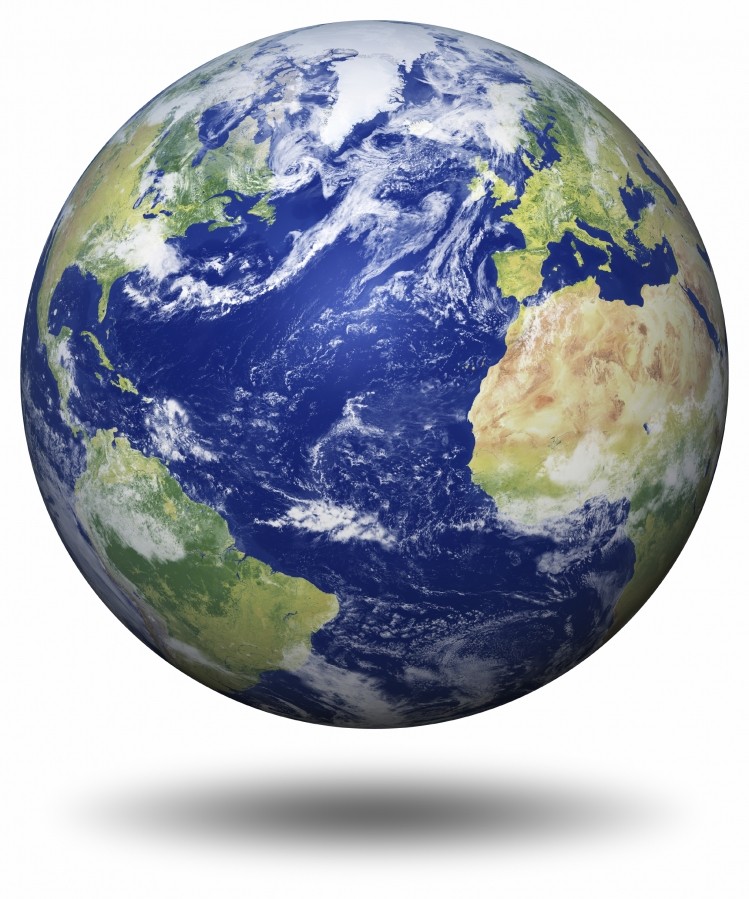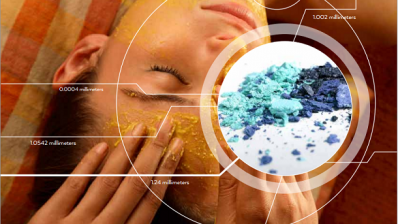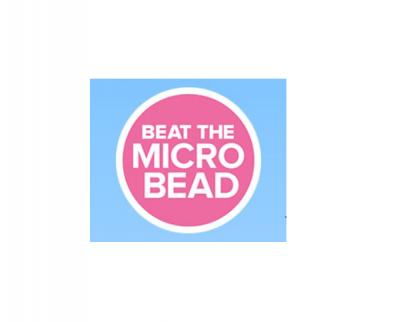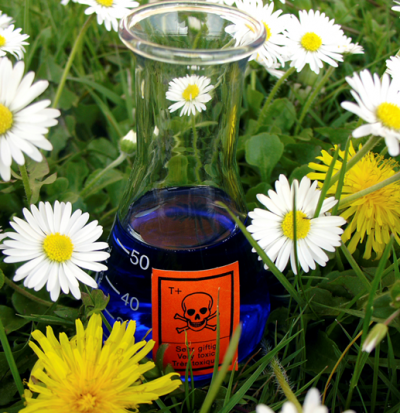New Jersey enacts law banning microbeads

The bill was passed in both houses by a 40-0 majority on Monday of this week, and is the final legislative step, after receiving a 72-0 majority in the Assembly and having a second reading at the end of February.
New Jersey has been fast implementing the law as the State legislature wanted to set a precedent in an attempt to promote its enhanced environmental credentials.
Prohibits plastic beads in all cosmetic products
The new law prohibits the making, selling or promoting of products like soap, face scrubs and toothpastes containing the plastic beads due to environmental impact concerns.
It will be phased in between 2018 and 2020, and will be enforced with a $500 fine after Governor Chris Christie decreed that a penalty fine of between $1,000 and $10,000 was too high.
Illinois enacted the law last year, and a number of other US states are continuing to debate similar legislation.
Industry questions the environmental impact of microbeads
The Cosmetic, Toiletry and Perfumery Association has noted that the issue over the environmental impact of the beads may be being overblown.
The presence of "micro size plastic" in the water supply certainly isn’t solely down to personal care products: synthetic fabric being broken down in washing machines has been called up by Dr Chris Flowers, CTPA director general, as another key contributor.
However, studies have shown that the longevity of the beads, which can take over 100 years to degrade, means their presence in water sources is leading to increasing incidents of contamination of wildlife, as they can collect chemicals from their surrounding environments.
Conversely, environmental groups want more…
Opposing this view, environmental groups claim that the new legislations enacted by New Jersey and Illinois, and those being mulled by states such as California and New York are not enough.
Stive Wilson, director of national environmental group Ban The Bead, has argued that the definition of plastic beads that are non-biodegradable is questionable, as almost all plastics and other man-made compounds are biodegradable to some degree.
However, many big cosmetic and personal care players, including L’Oreal, P&G, Colgate-Palmolive and Unilever have already agreed to phase out the use of plastic beads.









